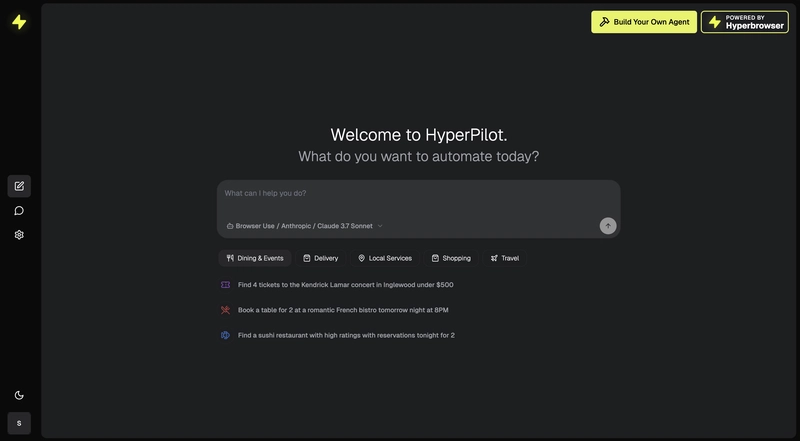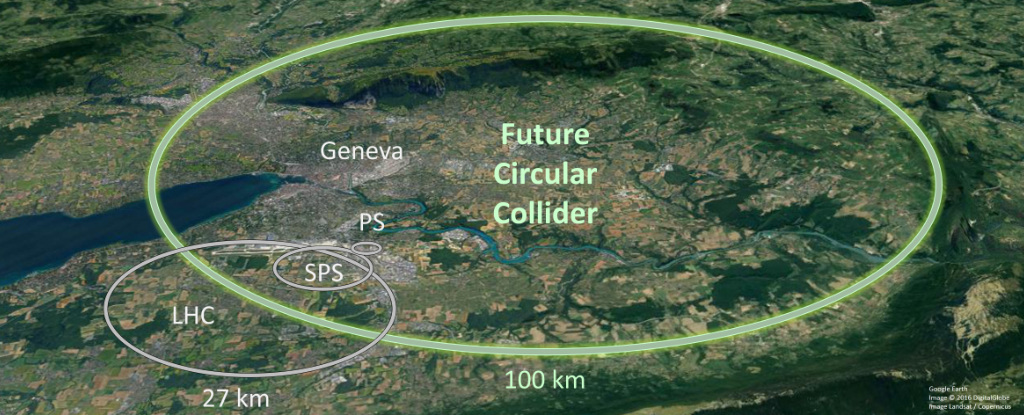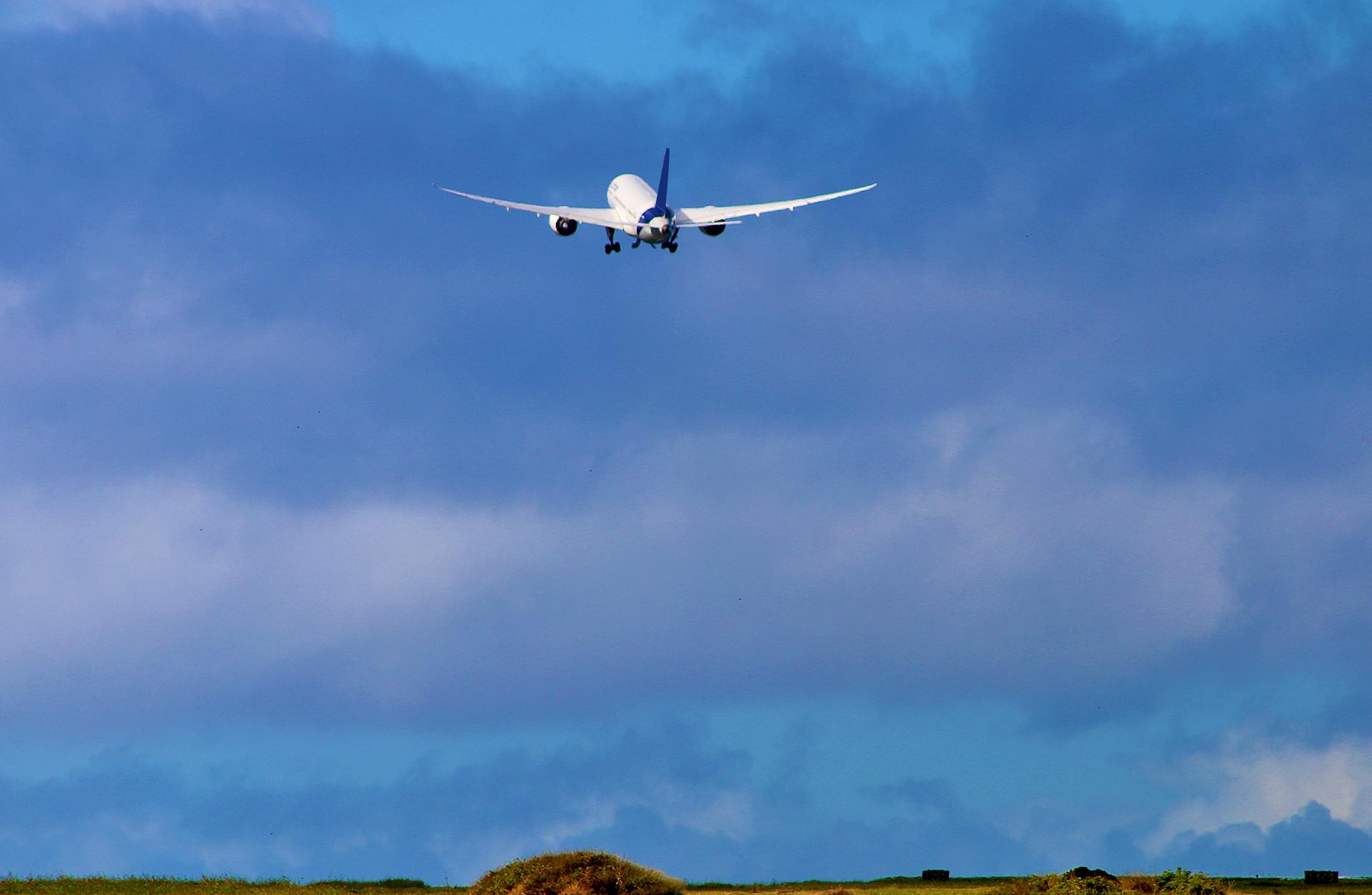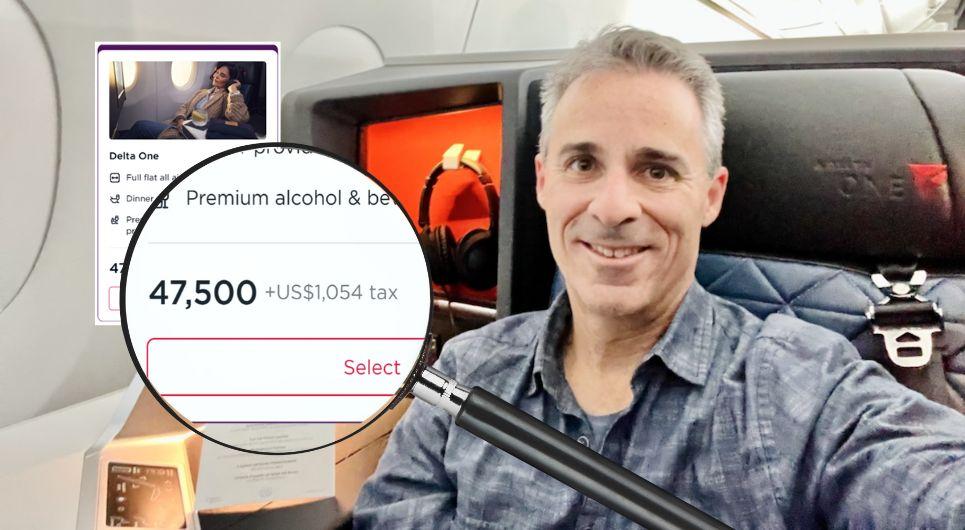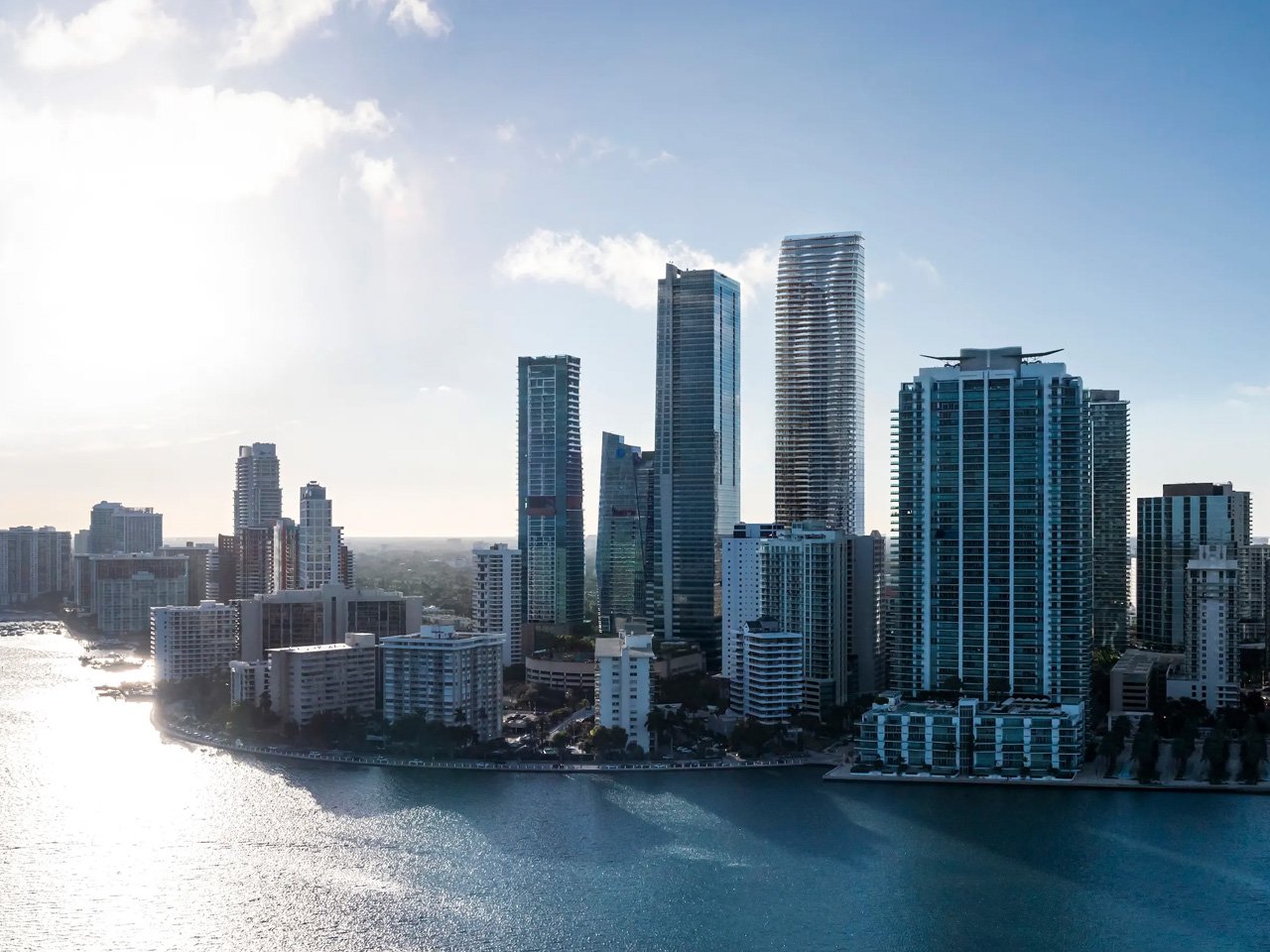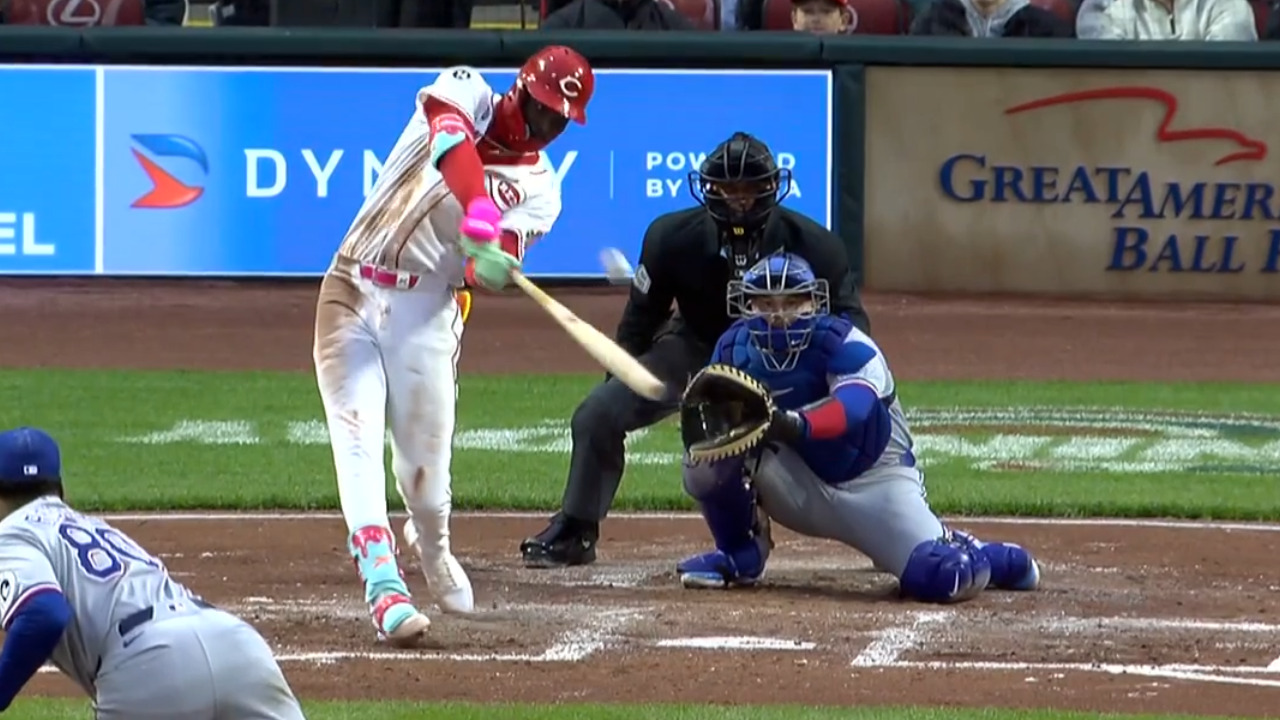Hate speech is bad, but censorship is far worse
We must scrap laws that choke debate. Hate doesn’t win when we speak freely. It wins when we can’t speak at all.

Germany jails people for tweets. France fines them for “hateful” posts — €1,500 last month for a man who insulted a politician online. Europe’s censorship wave is surging, echoing decrees from Nazi Germany’s past.
But CBS’s Margaret Brennan doesn’t think so. Last month on “Face the Nation,” she claimed that free speech “was weaponized to conduct a genocide” in Nazi Germany. She is dead wrong.
Hitler’s regime didn’t thrive on open debate. When the Nazis took power in 1933, they didn’t exploit free speech — they torched it. Decrees banned criticism, shuttered dissenting newspapers, and turned journalists into propaganda puppets.
Brennan’s gaffe wasn’t just a historical fumble. It’s a symptom of a deeper misreading: the idea that silencing speech protects the marginalized.
My recent research shows the opposite: Free speech is a lifeline for tolerance and minority rights.
Nazis did not rise by debating in an open forum. They thrived where counter-voices were crushed. Contrast that with what global data show us. According to Afrobarometer survey data of 33 African nations, people who value media free from government chokeholds are far more likely to embrace ethnic diversity.
The Integrated Values Survey, which tracks changes in values and attitudes across 116 countries over four decades, also shows that valuing free speech correlates with racial tolerance. This isn’t a fluke. Open discourse lets prejudices be challenged rather than fester in silence.
Zoom to the national stage, and the story holds. According to data, countries with robust free speech laws like Denmark or Japan consistently protect minority rights better and curb government discrimination. Shift from a speech-stifled nation like Russia in 1950 to a free one like Japan in 2017, and political access for marginalized groups greatly increases.
Where speech flows, accountability follows.
Nazi Germany proves the reverse: State-controlled media, not free voices, unleashed hate speech and violence. And there was no option for counter-speech to stop it.
Brennan’s claim echoes a growing chorus — on campuses, in Congress, online — that free speech threatens safety. In fact, a majority of U.S. teens now prioritize online safety over free expression, per Pew polling.
And this sentiment is turning into legal restrictions. Germany’s online censorship law law fines platforms millions for “hate” left online past 24 hours.
Hate speech laws are designed with the intention of protecting marginalized groups. History shows they do not work. In Rwanda, genocide surged not due to open debate, but from state-controlled radio spewing unchallenged lies. My research backs this up: Free speech reduces government exclusion, not the other way around. A rise in speech freedom cuts government-based discrimination.
In other words, silence is the real weapon of hate.
Yes, words can wound. Studies on Nazi radio show how propaganda sways the prejudiced. But censorship? It’s a boomerang. Who decides what’s too dangerous? The Nazis did, and they didn’t stop at “hate.” They banned truth.
Today’s calls for limits on speech risk the same trap. There is a better path: More speech, not less. It’s what the United Nations urged in 2001 — fight racism with ideas, not gag orders. Counter lies with facts. Amplify marginalized voices.
Germany’s Twitter jail is a warning, not a model. The policy fix is clear: We must scrap laws that choke debate. We must protect independent media and teach children to challenge, not conform. Free speech is messy — raw, loud, imperfect. But as research shows, it’s not tolerance’s enemy. It’s the ground where it grows.
Hate doesn’t win when we speak freely — it wins when we can’t speak at all.
Claudia Williamson Kramer is the Probasco Distinguished Chair of Free Enterprise and Professor of Economics at the University of Tennessee at Chattanooga.






